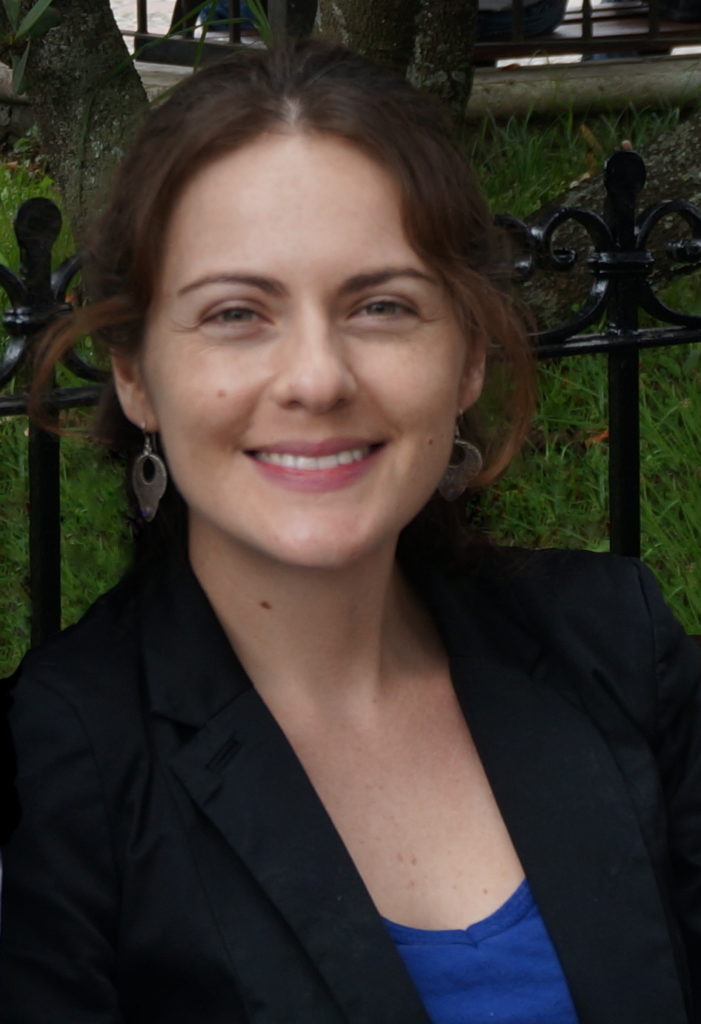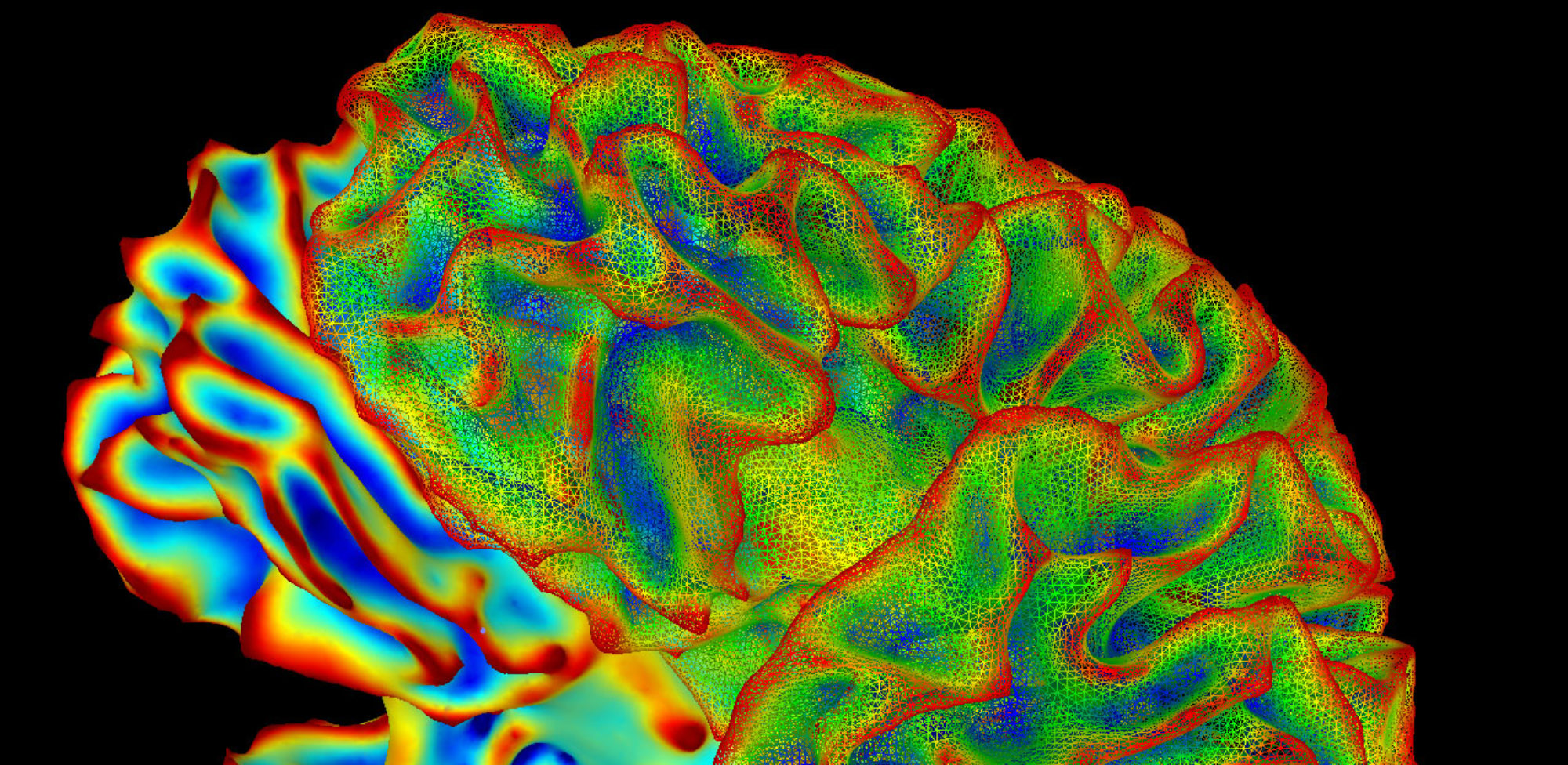
Postdoctoral Researcher
Erika Hoyos-Ramirez specializes in understanding the cellular and molecular mechanisms that allow neurons to communicate, and to properly function within neuronal circuits in vivo. For this, she uses a variety of methods that involve genetic manipulations, imaging, electrophysiology and as well as computational models, which combined allow the discovery and functional characterization of protein interactions that control cellular excitability and ultimately behavior. Erika did her undergrad in Biology at the Universidad de Antioquia, Colombia, and was a transfer student at the University of Washington. There, under the mentorship of Dr. Ed Munro, she developed and analysed large mathematical models to understand the dynamics and evolution of genetic networks implicated in cell differentiation and pattern formation. With the desire to apply this knowledge to the understating of the molecular underpinnings of the brain, Erika moved to the University of Connecticut where she did her PhD in Biomedical Sciences under the mentorship of Dr. Leslie Loew. Her PhD thesis consisted on developing a method to measure the amplitude and dynamics of synaptic voltages from dendritic spines, and to determine how these potentials were shaped by the spine’s morphology. After her PhD training, Erika moved to Yale University for her postdoctoral fellowship at the laboratory of Dr. Susumu Tomita, where she has been studying the molecular mechanisms underlying synaptic transmission. Erika has authored several publications in peer review journals, has participated in numerous scientific meetings, and her research is currently supported by the National Institute on Aging. Erika is passionate about developing interdisciplinary methods to approach complex problems in neuroscience, as well as building better and stronger communities through volunteerism.
